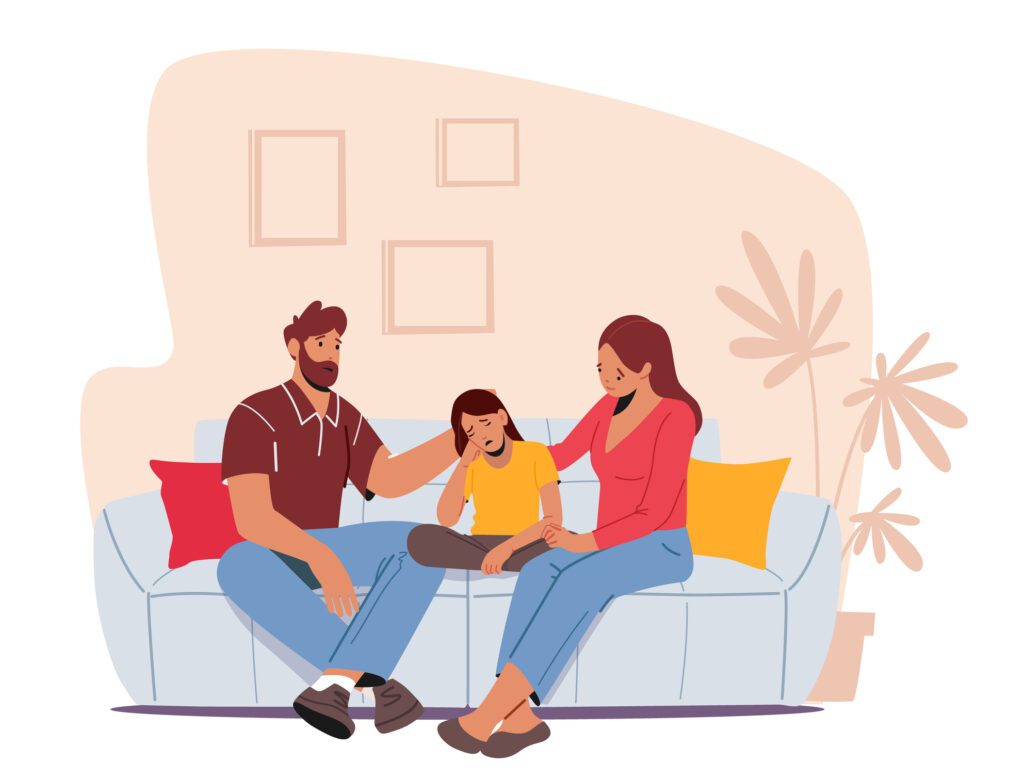We need to let children learn how to do things for themselves and reframe our thoughts about disappointments and failures. They are necessary preparation for adult life.
As a parent, I can remember many moments when my daughter experienced disappointment or failure. The temptation was to run interference and make it better. I mean, what parent would sit back and let their child experience the pain of defeat or the agony of failure? I confess there were times when we didn’t resist the temptation, but honestly, I think those times were the least helpful to our daughter in preparing her for the real world.
Failure is a very real part of life. Somehow we have decided that failure damages children. In reality, the research indicates that not allowing our children to fail is actually more harmful.


A recent lecture pointed out that the millennial generation grew up with everybody getting a trophy and with spelling words going uncorrected, all because no one wanted children to feel bad about themselves. Over and over again, they were told, “You are special for special’s sake.” Well, guess what? Self-esteem is up for millennials!
In a study of 30,000 college students, the most frequent score on a self-esteem measurement was 40 – a perfect score. Of those surveyed, 61% believe their leadership ability is above average, 76% say their drive to achieve is superior to their peers, and 58% believe their IQ is above average. Unfortunately, ACT scores are lower, performance and creativity have decreased, and this “self-esteem boost” has not led to better grades.
Dr. Wendy Mogel, author of The Blessing of a Skinned Knee, reminds us that children are wired for competence. We need to let them learn how to do things for themselves and reframe our thoughts about disappointments and failures. They are necessary preparation for adult life.
Failure gives children the chance to problem-solve, get creative, and learn how to deal with frustration. When we as parents get in the middle of this process, we keep our children from figuring something out for themselves. They may ask for our input, but let them do the work. That is what builds real self-confidence and helps your child not to be afraid of trying new things.
What can you do to help your child through failure?
1) Guide your children through the problem-solving process instead of doing it for them.
2) Avoid sheltering your child from disappointment. When things go south, help them talk about their feelings and what they might do differently next time.
3) Talk about your own failures, how you handled them, and what you learned, especially if you didn’t handle things very well.
4) If you believe your child is being bullied or is in danger, it’s time to step in.



Julie Baumgardner, MS, CFLE
President and CEO, First Things First

